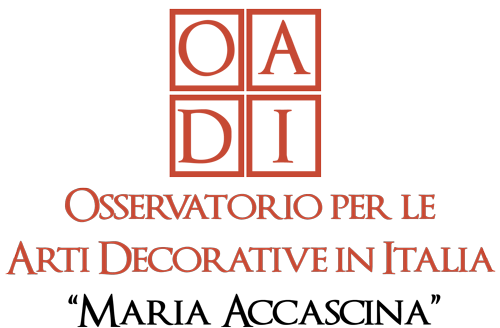ICOM (International Council of Museums) http://icom.museum/
ICOM is the international organisation of museums and museum professionals which is committed to the conservation, continuation and communication to society of the world's natural and cultural heritage, present and future, tangible and intangible.
Created in 1946, ICOM is a non-governmental organisation (NGO) maintaining formal relations with UNESCO and having a consultative status with the United Nations' Economic and Social Council.
As a not for profit organisation, ICOM is financed primarily by membership fees and supported by various governmental and other bodies. It carries out part of UNESCO's programme for museums. Based in Paris (France), the ICOM Headquarters houses both the ICOM Secretariat and the UNESCO-ICOM Museum Information Centre.
The 24,000 members of ICOM in 150 countries participate in the national, regional and international activities of the organisation: workshops, publications, training, twinning programmes, and the promotion of museums through International Museum Day (May 18, annually).
The membership participates in the activities of 117 National Committees and 30 International Committees. Some National Committees have also organised on a regional level to reinforce their action. ICOM is affiliated with 15 international associations.
The ICOM Strategic Plan adopted by the General Assembly is implemented by the ICOM Secretariat as well as National and International Committees who contribute to the realisation of ICOM's programmes.
ICOM's activities respond to the challenges and needs of the museum profession and are focused on the following themes:
- professional cooperation and exchange
- dissemination of knowledge and raising public awareness of museums
- training of personnel
- advancement of professional standards
- elaboration and promotion of professional ethics
- preservation of heritage and combating the illicit traffic in cultural property
